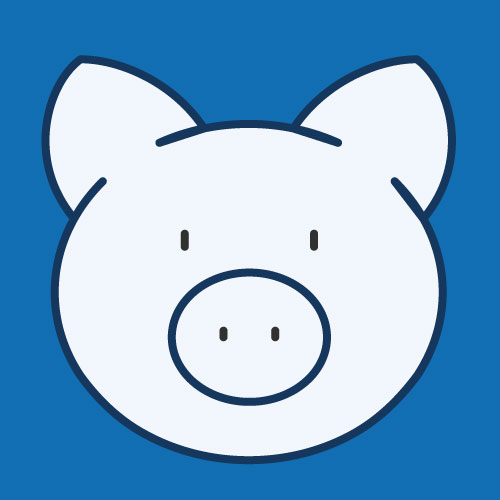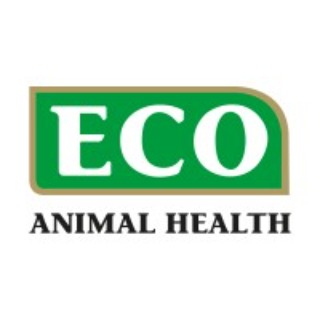Main conclusions on the 7th EU Boehringer Ingelheim Expert Forum on sustainable pork production
The industry has very high production standards however consumers often don't value this.
Since 2011 Boehringer Ingelheim Animal Health organizes an annual Expert Forum on Sustainable Pork Production. In March 2017 more than 50 key stakeholders from science, retailers, meat processing, producers and the veterinary field from all over the world participated in this event. In one day's workshop they exchanged their knowledge, expertise and views to tackle the ever increasing standards of production they face in swine production. As a global market leader in prevention Boehringer Ingelheim is providing a unique platform to foster exchange and share scientific information.
In this year’s workshop the experts discussed different pig production standards from a global perspective and the impact on an increasingly evolving market. Next to different aspect on production standards to produce safe and affordable food views of consumers have an increasing strong impact Here are the most relevant outcomes:
Towards production standards and economic standards;
The awareness on standards on food safety, antibiotic use, animal welfare and the environmental impact of pig production is increasing worldwide. There are governmental standards and private standards. Private standards go across borders and mainly refer to animal welfare. Governmental standards are valid in more closed markets and all stakeholders have to comply with the standards.
Some countries go further than others. EU pig production standards considered the most stringent and sometimes used as global benchmark. These high standards are often not acknowledged by consumers.
Towards the role of the consumer;
What the consumer wants is different from what he/she will pay! Health and wellness claims are the big trends in society. Consumers however may not understand the claims and more communications would be highly beneficial. A clear example is the label “antibiotic free” as meat from animals that were not given antibiotics in the final few months or raised without antibiotics from birth might be both sold as ‘antibiotic free’. There remains a need to educate the consumer that all meat is safe and free of antibiotic residue. On the other hand, the welfare discussion is a societal discussion where science has difficulties to provide clear guidance despite further insights and research in the least years.
Finally increasing efforts for high welfare standards need to be recognized by the markets. Consumer's readiness to pay some premium for it is limited. As example Switzerland with extremely stringent standards is experiencing declining pig production as producers lose money because consumers keep buying cheaper products across the border despite lower standards.
Towards international competiveness;
There are gaps between standards worldwide. EU has high production standards concerning environment, antibiotic use, food safety and animal welfare. Therefore approved by EU is a very important factor to be competitive in Asia. As there are many variances in standard levels, this lack of uniformity erodes the trust of consumers and creates trade barriers. In conclusion, it seems, that integrated companies have a competitive advantage in implementing customers feedback, being reactive and well positioned in the global swine production chain.
https://www.preventionworks.info/en/news/prevention/Expert-Forum-2017
Welcome to 333
Connect, share, and interact with the largest community of professionals in the swine industry.
Celebrating 137879Users on 333!
Sign upAlready a member?




